7 start with G start with G
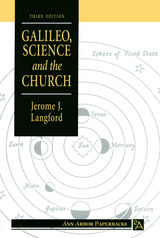
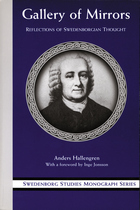
What is the "secret of Great Tartary"? What became of the Swedish clerk Carl Robsahm's original manuscript of his talks with Emanuel Swedenborg? What was Strindberg's reaction to Balzac's novel Seraphita?
These and other provocative questions are answered by Anders Hallengren in a selection of essays. Hallengren's research in various parts of the world brings to light records that were formerly thought to be lost. In addition, Hallengren traces routes of subtle influence that range from the experiences of Swedish soldiers captured in Russia to a chance encounter in a hotel in Charlotte Amalie, St. Thomas, in the Virgin Islands. Hallengren argues that these influences show the profound effect of Swedenborgian thought on celebrated and ordinary people, resulting not only in profound art but in a better world.
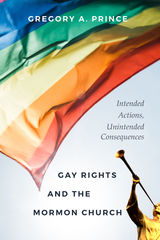
Gregory Prince draws from over 50,000 pages of public records, private documents, and interview transcripts to capture the past half-century of the Mormon Church’s attitudes on homosexuality. Initially that principally involved only its own members, but with its entry into the Hawaiian political arena, the church signaled an intent to shape the outcome of the marriage equality battle. That involvement reached a peak in 2008 during California’s fight over Proposition 8, which many came to call the “Mormon Proposition.”
In 2015, when the Supreme Court made marriage equality the law of the land, the Mormon Church turned its attention inward, declaring same-sex couples “apostates” and denying their children access to key Mormon rites of passage, including the blessing (christening) of infants and the baptism of children.
Prince's interview with KUER: https://radiowest.kuer.org/post/gay-rights-and-mormon-church
Prince's Q-Talk with Equality Utah: https://www.youtube.com/watch?v=vcnVagLY-lM&feature=youtu.be
Prince's interview with the Press: https://conta.cc/2HHmeTm
Princes's event with Benchmark Books: https://youtu.be/Daz-TFldZDA
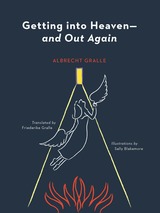
Imagine that you've just died. An angel appears in front of you, ready to guide you to the next life. You say to him, "I want to go to heaven." His reply, "OK, let's go!"
In this light-hearted tour of the afterlife, based on the writings of Swedish scientist-turned-seer Emanuel Swedenborg, Albrecht H. Gralle takes the reader on a tour of heaven, hell, and the spaces between. What is it like in heaven? What about hell? What happens to people who have suffered horribly in this life? How do we reconcile that suffering with the idea of an all-loving God? What happens to people who simply don't believe in anything beyond this world? What happens to the people who do? Is there sex in heaven? What about tea?
During pauses in the tour, Gralle poses some hard-hitting questions about the nature of belief that speak directly to people who wonder how a modern, rational person can have faith in the absence of proof. The result is at once humorous and thought-provoking.
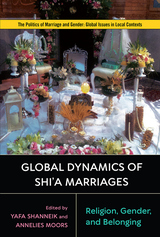

"Several books a year wrestle with that hoary conundrum, but few so dazzlingly as the Polish philosopher's latest."—Carlin Romano, Washington Post Book World
"Kolakowski's fascinating book and its debatable thesis raise intriguing historical and theological questions well worth pursuing."—Stephen J. Duffy, Theological Studies
"Kolakowski's elegant meditation is a masterpiece of cultural and religious criticism."—Henry Carrigan, Cleveland Plain Dealer
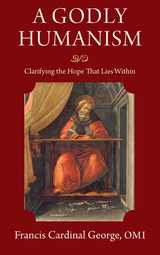
READERS
Browse our collection.
PUBLISHERS
See BiblioVault's publisher services.
STUDENT SERVICES
Files for college accessibility offices.
UChicago Accessibility Resources
home | accessibility | search | about | contact us
BiblioVault ® 2001 - 2024
The University of Chicago Press









